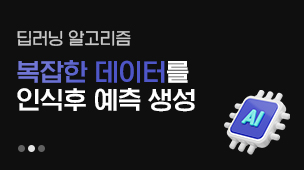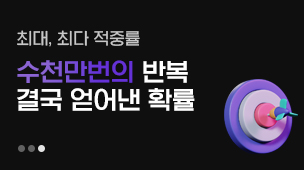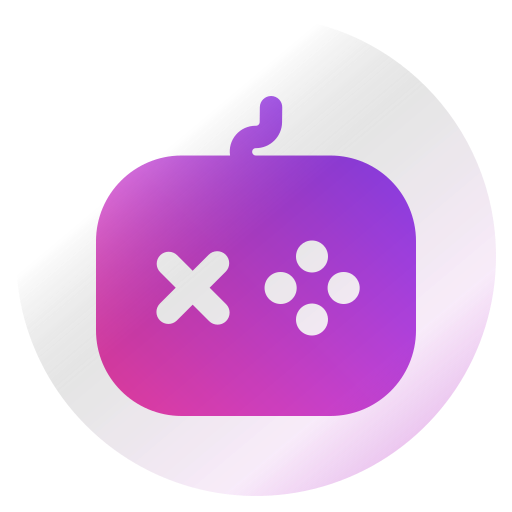20 Things You Should Know About Adults ADHD Treatment
페이지 정보

본문
Treatment For Adults ADHD
 Counseling (psychotherapy) and medication are used to treat adults with adhd. The drugs used include stimulants and nonstimulants aswell as certain antidepressants. Finding the right medication could take some time. Regular clinical monitoring is important.
Counseling (psychotherapy) and medication are used to treat adults with adhd. The drugs used include stimulants and nonstimulants aswell as certain antidepressants. Finding the right medication could take some time. Regular clinical monitoring is important.
People with ADHD tend to forget obligations and appointments. They are also prone to making unintentional choices and have difficulty maintaining relationships. Therapy and communication classes can help.
Stimulants
Stimulants are the most commonly prescribed treatment for ADHD in adults. They increase the levels of neurotransmitters in the brain that influence attention and impulsivity.
Around 70% of people with adhd treatment in adults respond to stimulant medication. They can reduce fidgeting and hyperactivity, improve the organization of people and help them finish tasks. They can also improve relationships. They can cause serious side effects. Some of these side effects are headaches, loss of appetite, and difficulty sleeping. These side effects tend to diminish over time. It is important to take your the stimulant medication in a proper way. That means taking it three or four times per day and not ignoring doses. It's important to take the same dosage each time, and not to overdose. People who don't use their medication correctly can develop resistance to it.
The majority of stimulants fall into two drug classes: amphetamines and methylphenidates. Methylphenidates are the most popular and have fewer adverse effects than amphetamines. They work by increasing levels of norepinephrine, an ingredient that helps people focus their minds and manage their impulses. Amphetamines are a bit stronger than methylphenidates. They can cause more side effects, including weight loss, dry mouth as well as a high heart rate, and increased blood pressure.
Long-acting stimulant medicines are the most common treatment of treating adhd and anxiety in adults in adults. They last for up to 24 hour. Regular users can manage their focus, attention, and impulse control more effectively. They also help people feel more relaxed and calm. The majority of patients who are prescribed these medication prefer them over short-acting medicines, which can only be taken when needed and typically last for up to four hours. These medications are an excellent option for those who have difficulty remembering to take their medication at regular intervals throughout the day, or who are worried about forgetting to take their medicine while they're at school or work.
Non-stimulant medications for ADHD take longer to begin working than stimulants. They can be utilized as a test to determine the best medication for you, or in conjunction with stimulants. These drugs don't have the same addiction and abuse risks as stimulants but they can still trigger issues like insomnia and irritability. These include atomoxetine bupropion and Strateva.
Cognitive behavioral therapy (CBT) for Adhd overstimulation treatment in adults is a kind of talk therapy that can aid in improving organizational skills, self-esteem, and relationships. It focuses on changing the negative thoughts that lead to poor behavior and learning coping techniques. This type of CBT typically occurs in the context of a group.
A research study found people with ADHD who participated in a CBT programme improved their ability to organise and manage their professional and social life. It also reduced symptoms like impulsivity and depressive feelings.
Counseling for marital and family issues can help spouses or partners of people with ADHD learn how to help their loved ones without blaming them for the problems caused by their untreated adhd in adults test. It can also teach them ways to reduce conflict in their relationship by speaking more openly about each other's needs and expectations.
 Counseling (psychotherapy) and medication are used to treat adults with adhd. The drugs used include stimulants and nonstimulants aswell as certain antidepressants. Finding the right medication could take some time. Regular clinical monitoring is important.
Counseling (psychotherapy) and medication are used to treat adults with adhd. The drugs used include stimulants and nonstimulants aswell as certain antidepressants. Finding the right medication could take some time. Regular clinical monitoring is important.People with ADHD tend to forget obligations and appointments. They are also prone to making unintentional choices and have difficulty maintaining relationships. Therapy and communication classes can help.
Stimulants
Stimulants are the most commonly prescribed treatment for ADHD in adults. They increase the levels of neurotransmitters in the brain that influence attention and impulsivity.
Around 70% of people with adhd treatment in adults respond to stimulant medication. They can reduce fidgeting and hyperactivity, improve the organization of people and help them finish tasks. They can also improve relationships. They can cause serious side effects. Some of these side effects are headaches, loss of appetite, and difficulty sleeping. These side effects tend to diminish over time. It is important to take your the stimulant medication in a proper way. That means taking it three or four times per day and not ignoring doses. It's important to take the same dosage each time, and not to overdose. People who don't use their medication correctly can develop resistance to it.
The majority of stimulants fall into two drug classes: amphetamines and methylphenidates. Methylphenidates are the most popular and have fewer adverse effects than amphetamines. They work by increasing levels of norepinephrine, an ingredient that helps people focus their minds and manage their impulses. Amphetamines are a bit stronger than methylphenidates. They can cause more side effects, including weight loss, dry mouth as well as a high heart rate, and increased blood pressure.
Long-acting stimulant medicines are the most common treatment of treating adhd and anxiety in adults in adults. They last for up to 24 hour. Regular users can manage their focus, attention, and impulse control more effectively. They also help people feel more relaxed and calm. The majority of patients who are prescribed these medication prefer them over short-acting medicines, which can only be taken when needed and typically last for up to four hours. These medications are an excellent option for those who have difficulty remembering to take their medication at regular intervals throughout the day, or who are worried about forgetting to take their medicine while they're at school or work.
Non-stimulant medications for ADHD take longer to begin working than stimulants. They can be utilized as a test to determine the best medication for you, or in conjunction with stimulants. These drugs don't have the same addiction and abuse risks as stimulants but they can still trigger issues like insomnia and irritability. These include atomoxetine bupropion and Strateva.
Cognitive behavioral therapy (CBT) for Adhd overstimulation treatment in adults is a kind of talk therapy that can aid in improving organizational skills, self-esteem, and relationships. It focuses on changing the negative thoughts that lead to poor behavior and learning coping techniques. This type of CBT typically occurs in the context of a group.
A research study found people with ADHD who participated in a CBT programme improved their ability to organise and manage their professional and social life. It also reduced symptoms like impulsivity and depressive feelings.
Counseling for marital and family issues can help spouses or partners of people with ADHD learn how to help their loved ones without blaming them for the problems caused by their untreated adhd in adults test. It can also teach them ways to reduce conflict in their relationship by speaking more openly about each other's needs and expectations.
- 이전글Groundbreaking advancements through Proactive strategy 25.03.30
- 다음글Why Nobody Cares About Top 10 Crypto Casino 25.03.30
댓글목록
등록된 댓글이 없습니다.





 스포츠토토 유용한 정보
스포츠토토 유용한 정보  가상경기 배팅게임
가상경기 배팅게임 